World
The modern world cannot be studied without examining the course, impact and legacy of two world wars, the resources in this section set out to look at both the First and Second World Wars in their global context. The section also includes the Cold War and its impact in Latin America, South-East Asia and parts of Africa. This period also sees the rise and fall of European imperialism and the changing nature of global politics and economics as technology brings different stories from so many parts of the world directly to us. Read more
Sort by:
Date (Newest first) | Title A-Z
Show:
All |
Articles |
Podcasts |
Multipage Articles
-

The Centenary of the First World War: An unpopular view
ArticleClick to view -
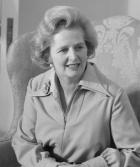
Obituaries: the first verdict in history
ArticleClick to view -

The Romanov Tercentenary: nostalgia versus history on the eve of the Great War
ArticleClick to view -
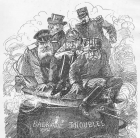
The Origins of the First World War
ArticleClick to view -
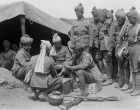
India in 1914
ArticleClick to view -
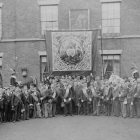
The world in 1913: friendly societies
ArticleClick to view -

Podcast Series: The Cold War
Multipage ArticleClick to view -

Capone's lost lair: The Lexington Hotel, Chicago
ArticleClick to view -
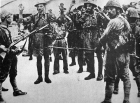
The Fall of Singapore 1942
ArticleClick to view -
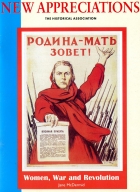
Women, War and Revolution
ArticleClick to view -
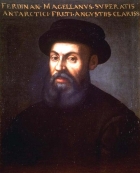
The Great Powers in the Pacific
ArticleClick to view -
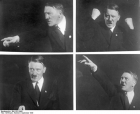
The Origins of the Second Great War
ArticleClick to view -

'Women and Children first!' a lost tale of Empire and Heroism
ArticleClick to view -

Historical Events or People in 10 Tweets - The Crimean War
ArticleClick to view -
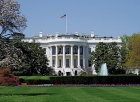
The Long Winding Road to the White House
ArticleClick to view -

Antarctica 100 years on from Captain Scott
ArticleClick to view -

TV: modern father of history?
ArticleClick to view -
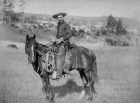
Have gun, will travel: The myth of the frontier in the Hollywood Western
ArticleClick to view -
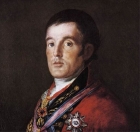
The Undergrowth of History
ArticleClick to view -
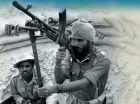
India and the British war effort, 1939-1945
ArticleClick to view

